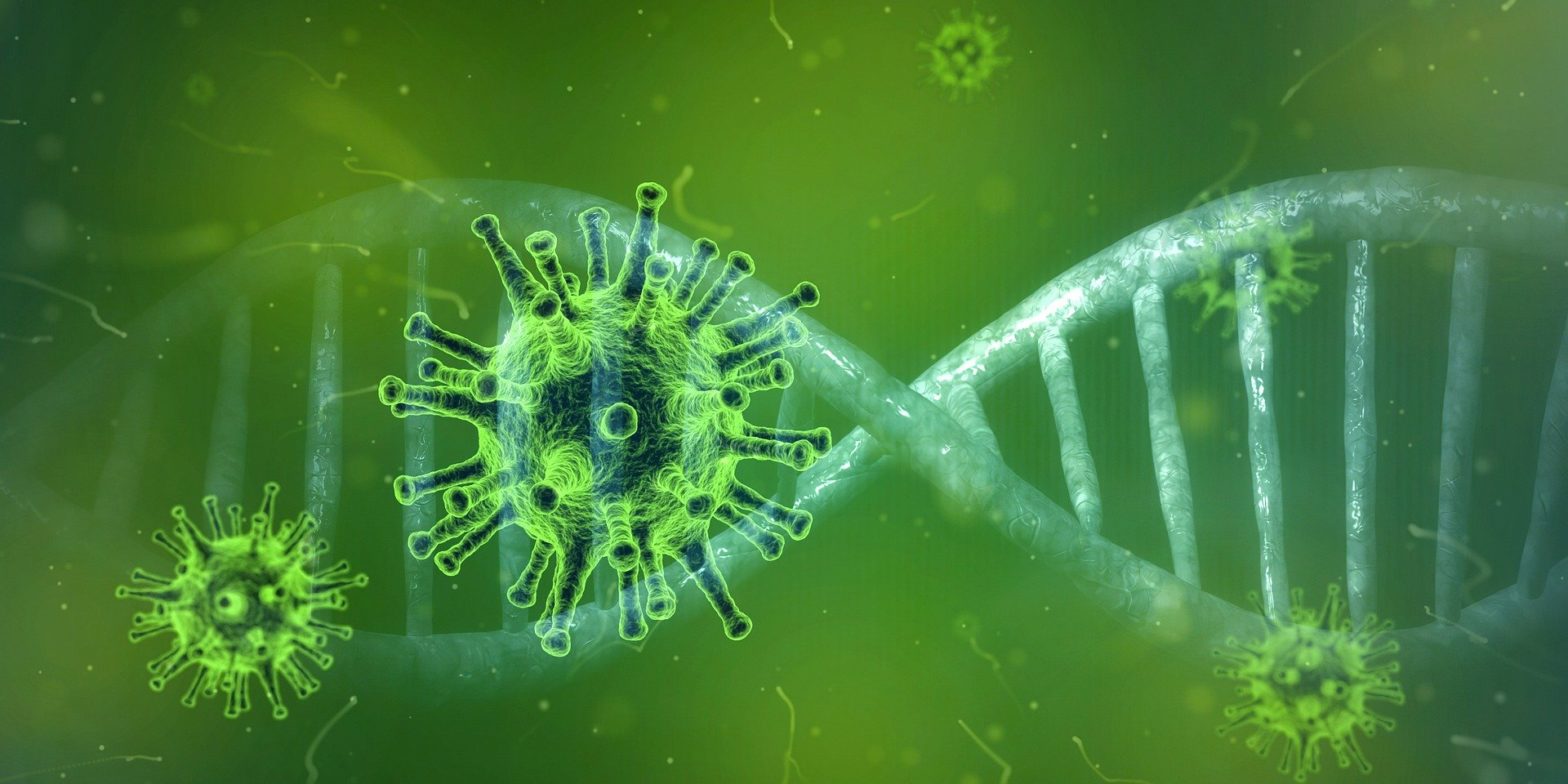
With the spread of coronavirus, hand washing is a message getting out to the public in a BIG way, but there are other related issues the public may want to know about: nutrition scams/misinformation, best hand washing technique, DIY hand sanitizer, what happens to students who rely on school lunch when school is closed, and more. Answers/resources are below.
Keep up with the CDC, WHO, NIH, your state/local health departments (Florida has a 24/7 Coronavirus hotline), state/local universities and Extension Services. Check available podcasts that involve experts. Public radio (national and local) has devoted entire shows/podcasts to the topic – CNN held a town hall with Dr. Sanjay Gupta now available as a podcast. Caveat: As with any rapidly changing health event, information and guidelines change!
Food-related issues due to Coronavirus
**School closings impact students who get school lunches. USDA does provide contingency guidelines for schools if they have to close but they need to be pre-approved or request a waiver. Check out the School Nutrition Association’s suggested emergency feeding options to address school closures.
**Costco ending free food samples
**Starbucks ending filling reusable/customer cups
**What food to have on hand at home (from a registered dietitian) and what’s flying off the shelves (canned goods and fruit snacks)
Hand sanitizer, disinfecting
**Hand sanitizer supplies either limited or unavailable. Purell, made primarily in Ohio, is increasing production and Bath and Body Works still has it in stock (not at my local store!). Walmart didn’t say when they would have it available again.
**Supplies for DIY hand sanitizer (aloe vera gel an isopropyl alcohol) may also be limited.
**The right way to use disinfecting wipes and follow instructions on product labels when using disinfecting sprays (clean with soap and water first, after spraying with disinfectant let air dry so it kills germs). Best disinfecting sprays or make your own using bleach.
**How do hand sanitizers work, including expiration and what concentration of isopropyl alcohol is necessary. Note: there IS an expiration date on isopropyl alcohol.
**DIY hand sanitizer and DIY hand sanitizer from liquid bleach (CDC)
Fighting misinformation
**Detect Coronavirus misinformation in 30 seconds using SIFT – Stop, Investigate the source, Find trusted coverage and Trace claims to their original source.
**Can food spread Covid-19? No, says Dr. William Schaffner, infectious disease expert at Vanderbilt University (at the very end he answers whether food can spread the virus)
**Food-related Coronavirus questions answered including no known transmission from food or food packaging
**Nutrition ‘scammers’ try to cash in on Coronavirus fears
**Immune-boosting supplements and juices – can they help?
**The Natural Products Association asks FDA to address potential Coronavirus fraud
**Elsevier Publishing’s free Coronavirus Information Center includes podcasts and other information
Podcasts
**Do By Friday, March 4, 2020 podcast episode (75 minutes, start about 2 minutes in). One of the hosts, Max, talks to Dr. Ben Chapman, food safety specialist, North Carolina State University and Dr. Donald Schaffner, Extension Specialist in Food Science, Rutgers University including what viruses are, how they spread and coronavirus food-related specifics with a bit of humor (eating out, eating with your hands and more). Note: About 1 hour in, the discussion focuses on political topics. They will also reference a Wikihow article about how to make your own hand sanitizer (with & without fragrance), which you can find by clicking here. Note: it includes a ‘recipe’ using grain alcohol instead of isopropyl alcohol. Probably best-suited for professional audiences.
YouTube
**The Washington Post asked Dr. Erin M. Sorrell How to Wash Your Hands (the right way). Dr. Sorrell is an assistant research professor in the Department of Microbiology and Immunology as well as a member of the Center for Global Health Science and Security and the co-director of the M.S. Biohazardous Threat Agents & Emerging Infectious Diseases program at Georgetown University. She is currently a five-year term member at the Council on Foreign Relations. Listen to the last 3 minutes of Washington Post’s March 4, 2020 “Post Reports” podcast as Dr. Sorrell explains how to wash your hands. NPR also posted a hand washing video to YouTube.
